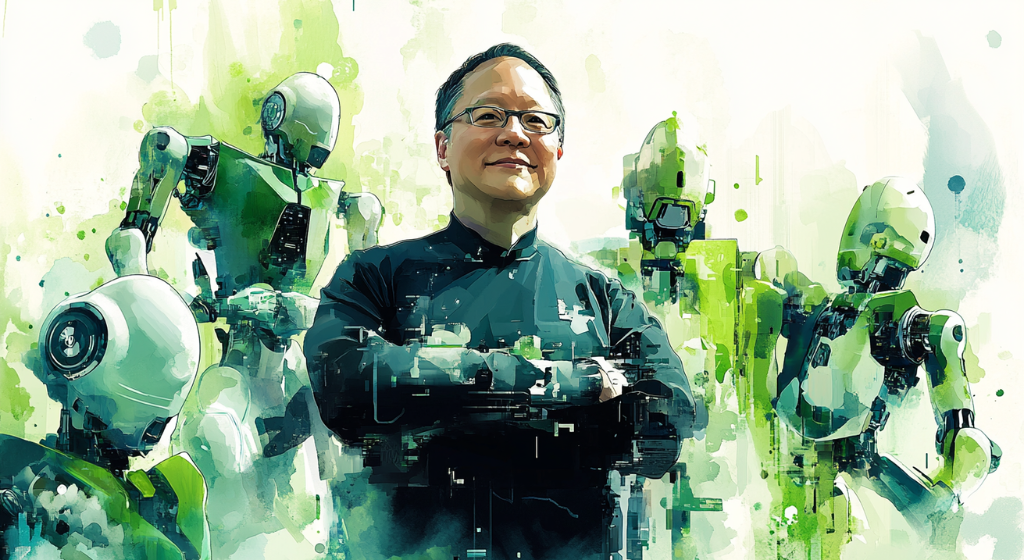
Nvidia CEO Jensen Huang predicts a near future where AI-powered robots and self-driving cars become an integral part of daily life, driven by advanced digital training systems like Omniverse and Cosmos, ultimately making humanoid AI companions a reality in homes, workplaces and beyond. (Source: Image by RR)
Huang Predicts That Every Home Will Have a Humanoid Robot in the Near Future
Nvidia CEO Jensen Huang envisions a future where robots and self-driving cars become an integral part of everyday life, predicting that “everything that moves will be robotic” in the near future. Speaking on Huge Conversations with Cleo Abram, Huang emphasized that the technology needed for humanoid robots and autonomous vehicles is just around the corner. While AI’s future sparks mixed emotions—ranging from excitement to fear—Huang believes the next decade will focus on the application of AI across various industries, including transportation, logistics, digital biology, climate science, and education. His vision, as reported in laptopmag.com, suggests that AI will soon be embedded in nearly every aspect of human life.
To accelerate this robotic transformation, Nvidia has developed Omniverse and Cosmos, digital simulation platforms that allow AI-powered robots to train virtually rather than in real-world settings. Huang highlighted how these systems help robots learn complex tasks efficiently, such as optimizing factory routes without physically moving through them, reducing wear and tear. This simulated training environment speeds up AI learning and allows robots to develop advanced decision-making capabilities before real-world deployment. Huang sees this as a key driver in making humanoid robots commonplace, reinforcing his claim that a world surrounded by robots is inevitable.
Huang’s vision extends beyond industrial applications—he foresees AI assistants becoming lifelong personal companions, akin to the famous Star Wars droid R2-D2. He predicts that future AI assistants will exist in multiple formats, appearing in smart glasses, smartphones, PCs, and autonomous vehicles, with a physical humanoid version waiting at home. He describes a future where individuals will have an AI companion that grows up with them, offering assistance and companionship throughout their lives. This AI-driven evolution could redefine how humans interact with technology on a deeply personal level.
Despite Huang’s bold predictions, questions remain about the feasibility and accessibility of such advanced AI-powered robots. The cost of personal humanoid assistants, public acceptance of robotic integration, and regulatory challenges could slow widespread adoption. While Huang is confident that personalized AI robots are a certainty, some may see his optimism as premature. However, history has shown that groundbreaking technologies once doubted—such as smartphones and self-driving cars—eventually became mainstream. Whether robot ubiquity is imminent or still decades away, the AI revolution is advancing at an unprecedented pace, making it an exciting space to watch.
read more at laptopmag.com

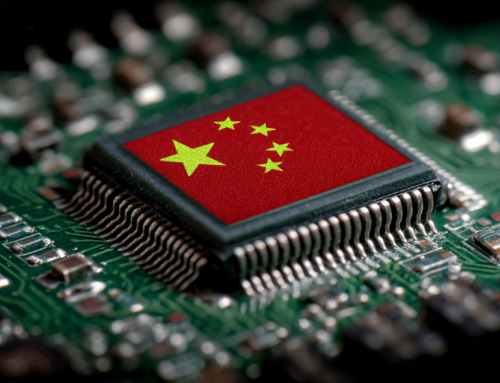
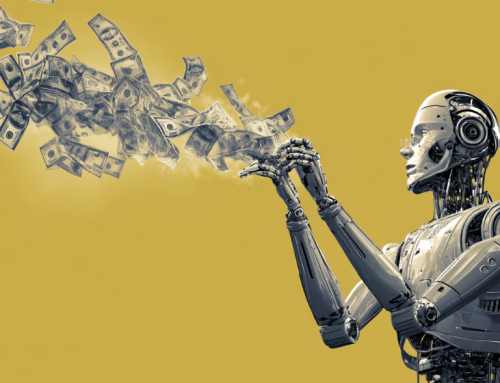

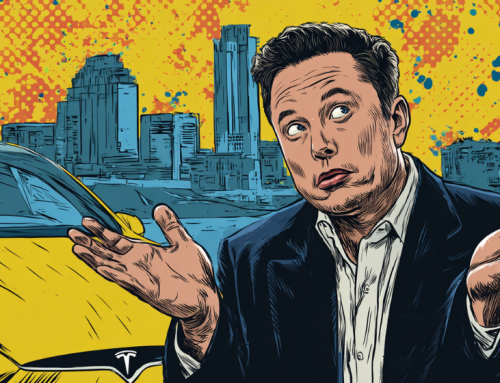
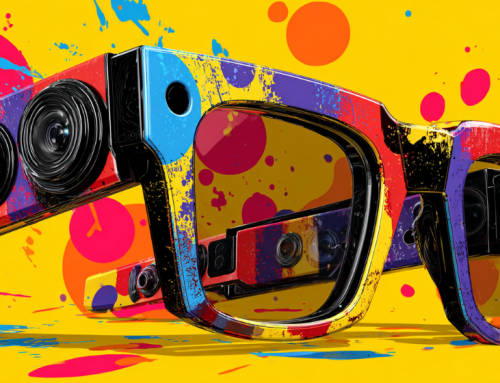

Leave A Comment